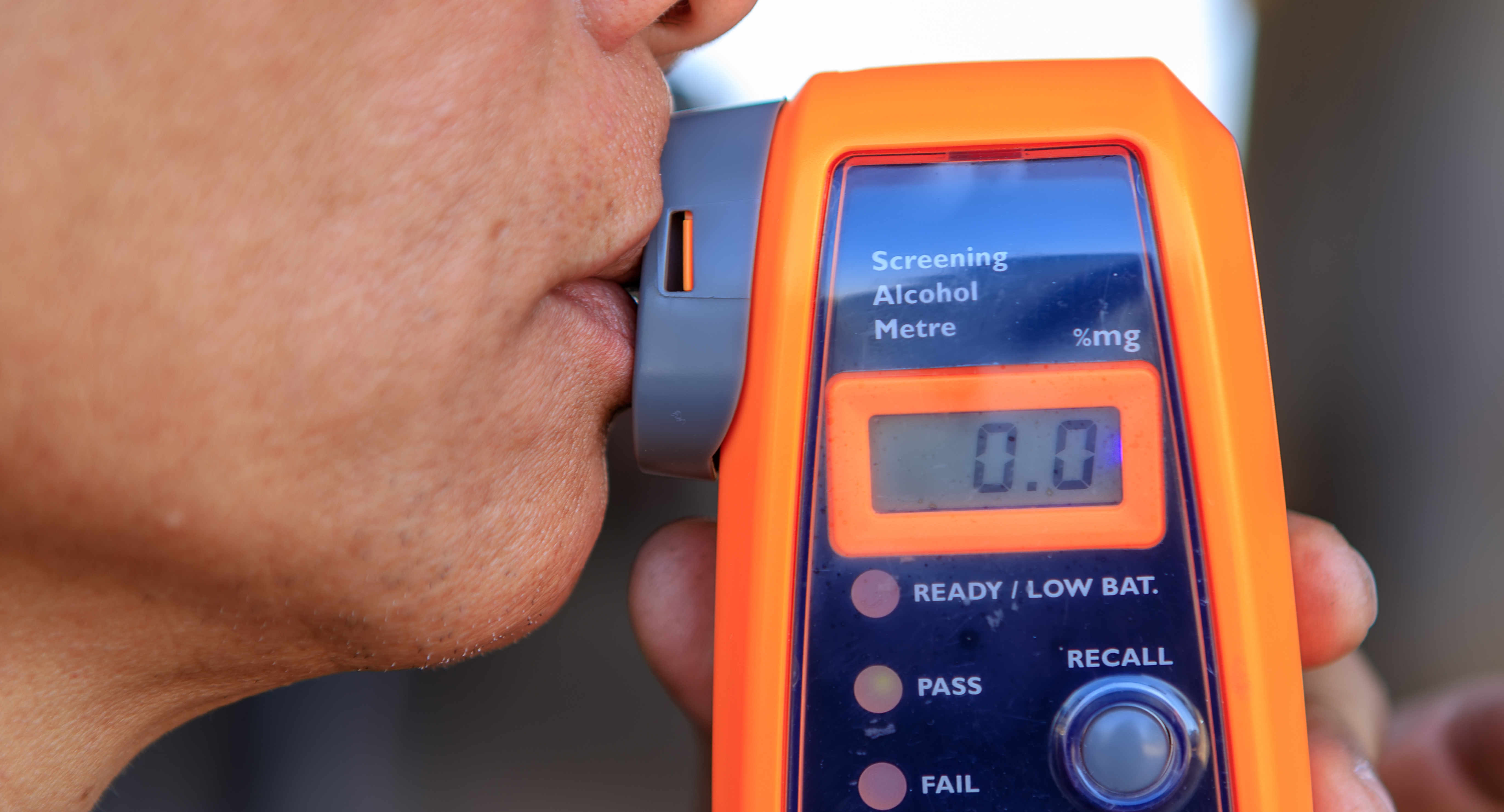Drug laws in Texas are constantly evolving.
Recent updates include revised penalties for drug and marijuana offenses, more flexible sentencing guidelines for judges, and a crackdown on those who are accused of manufacturing or distributing fentanyl.
Here is a roundup of the state’s newest drug laws and updates to currently existing laws.
Recent Updates and Changes to Texas Drug Laws
Marijuana Decriminalization Efforts
Recreational weed is still illegal in Texas, but the state has been making slow strides toward decriminalization. Possessing small amounts of pot may now result in fines or citations rather than arrest and criminal charges.
However, there can still be significant potential consequences if you’re busted, and you could end up with a lifelong criminal record. Since the legalization of hemp-based cannabis products, it has become increasingly difficult for law enforcement to distinguish between legal and illegal weed, and people can still be arrested for possessing legal THC.
More than 80% of our clients facing drug charges have been busted with cannabis during a routine traffic stop – even if they’re carrying a legal substance.
READ MORE: Texas marijuana laws
Texas’s Compassionate Use Program
Texas’s medical marijuana program has also been expanded to allow certain doctors to prescribe low-THC cannabis to patients with certain medical conditions. Initially, only patients with intractable epilepsy were eligible for the program.
Low-THC cannabis is not the same as hemp-based cannabis products such as Delta 9 THC. Instead, it is defined in Section 169.001 of the Texas Occupations Code:
“Low-THC cannabis” means the plant Cannabis sativa L., and any part of that plant or any compound, manufacture, salt, derivative, mixture, preparation, resin, or oil of that plant that contains not more than one percent by weight of tetrahydrocannabinols.
The State Legislature has expanded the program, and low-THC marijuana is now an option for patients suffering from the following conditions:
- epilepsy
- a seizure disorder
- multiple sclerosis
- spasticity
- amyotrophic lateral sclerosis
- autism
- cancer
- post-traumatic stress disorder
- an incurable neurodegenerative disease
Reduced Penalties for Possessing Small Amounts of Drugs
First-time drug possession offenses that involve small amounts of controlled substances will now often result in a misdemeanor charge rather than a felony. The goal is to treat addiction as a health issue rather than a criminal one and emphasize support and treatment for those who struggle with substance abuse.
However, the severity of drug charges and sentences still depends on the type and amount of substance involved. Additionally, repeat offenders or those found with large amounts of controlled substances will still face felony charges and harsher sentences.
READ MORE: Texas drug laws
Revised Sentencing Guidelines
Texas revised its sentencing guidelines to address systemic biases in drug-related sentences. The goal is to reduce disparities and ensure the state’s criminal justice system is fair. The changes give judges additional discretion to consider individual circumstances when weighing sentences.
Expanded Access to Rehabilitation Programs
Texas is trying to emphasize rehabilitation over jail time in drug cases, expanding access to treatment options and diversion programs for Texans who struggle with substance abuse. The goal of these treatments and programs is to address addiction at its root cause.
New Texas Drug Laws in 2023
Here are the state’s newest drug laws, which took effect in 2023:
Supplying Fentanyl Could Be Considered Murder
Texas Health and Human Services Department reported that, on average, five Texans die from fentanyl poisoning each day. House Bill 6 amended Section 19.02 of the Texas Penal Code to add that it will be considered murder if someone manufactures or distributes fentanyl that results in a death. No minimum amount is required, and no intent to kill is required.
The offense is now a first-degree felony punishable by up to 99 years or life in prison. However, protections are in place for medical professionals who are legally authorized to distribute the drug.
Establishing Fentanyl Awareness Month
Gov. Greg Abbott and state lawmakers have designated October as Fentanyl Poisoning Awareness Month.
“Fentanyl is now the leading killer of Americans between the ages of 18 and 45,” Abbott said in a prepared statement when the measure (House Bill 3144) was signed into law. “Fentanyl-related deaths in Texas increased over 500% from 2019 to 2022, taking the lives of more than 4,800 unsuspecting Texans in just three years.”

Importing Prescription Drugs from Canada Legalized
House Bill 25 establishes a program through the state’s Health and Human Services Commission, allowing the importing of cheaper prescription drugs from Canada. The goal is to give Texans expanded access to affordable prescription medications. However, a valid prescription is still required.
2023 Changes in Drug Classifications
The Texas Controlled Substances Act assigns each drug into one of four groups based on acceptable medical uses and potential for addiction. It’s illegal to possess these drugs without a prescription from a licensed medical professional.
The following controlled substances were added to Group 1 (the most serious category)
- Amineptine (an antidepressant)
- Brorphine (a synthetic opioid)
- Eutylone (central nervous system stimulant)
- Mesocarb (a stimulant)
- Methiopropamine (a synthetic stimulant)
- Zipeprol (a cough suppressant)
Meanwhile, Fenfluramine (which was previously used as a component of the weight-loss drug Fen-Phen) was removed from Group 4, which is considered the least dangerous group.




